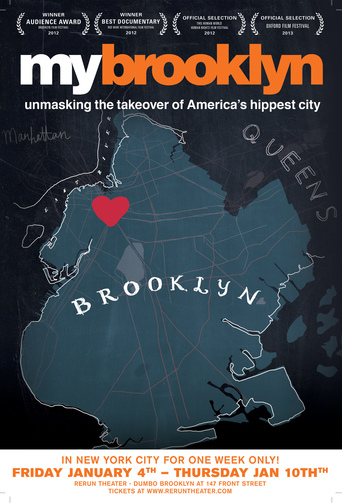MacCarmel
This is a great story and an excellent film that illustrates the how and why of urban renewal projects. "Urban Renewal" has many synonyms including redlining, segregation, gentrification and revitalization. The end result is the same: removal of people of color and those of a lower socio-economic class and turning over both land and profit to a population consisting mostly of white, wealthy, upper class folk. And no matter how much our city, county, state and federal officials protest --- the fact is that the process is pretty much the same in all our communities, large and small. Back room deals get made between government officials who are supposed to be looking out for the best interests of said community and balancing that with need and opportunity for smart change and growth. Instead what typically happens is the act of back scratching between public and private entities that results in developers getting most or all of what they want, including millions in giveaways and tax breaks (AKA "subsidies"), officials being allowed to take home a piece of the profit and existing residents and business owners being shut out of the whole thing. Not only does the public have no influence in the decision but their elected leaders have thrown them under the bus by not requiring developers to do much, or anything, in the way of preserving affordable housing or public spaces. Or to contribute what they actually owe to the tax base. Public comment meetings take place only after all decisions have been made and things are already in motion. It's just that no one will speak that truth out loud.There are two ways to look at something like this. 1) The process of how decisions get made and projects get built in this country is seriously broken. Or -- 2) The process works just fine. Because profit is the only thing that we worship and the only thing worth pursuing. I think we like to believe that we are a melting pot country that values the benefits of diversity when the real truth is that everything about our public policy says we only value profit and the resulting segregated, homogenized, chain store culture. And we can only place blame on our elected officials to a certain degree because it is us, after all, who voted them into office. And even though we can fire them at any time -- we apparently choose not to do so.

